Science Shop
Advertisement
Resisting Chocolate and Temptations
- By Rolf Lewis
- . November 5, 2023
The Brain Learns to Prefer Unhealthy Foods The typical Western diet is high in fat and sugar, and many people in industrialized countries prefer unhealthy

More Muscle, Less Dementia
- By Rolf Lewis
- . September 15, 2023
A recent study conducted by the University of California, San Francisco (UCSF) has found that a genetically derived higher muscle mass can reduce the risk
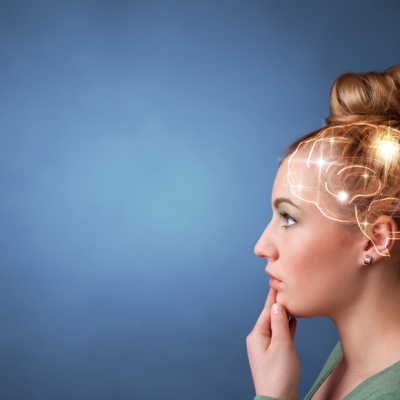
Forgetfulness: Brain’s Useful Function
- By Rolf Lewis
- . August 23, 2023
Forgetting memories is not a mistake, but a special form of learning. According to a study by Trinity College Dublin, the brain could delete memories
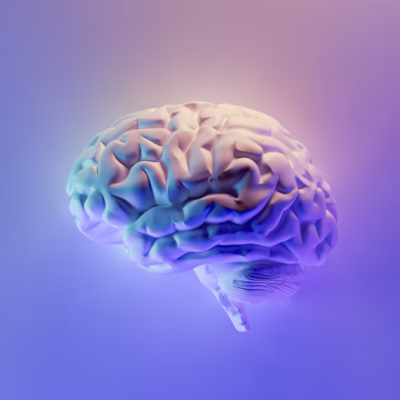
Repeating Forgotten Memories
- By Geert Devenster
- . April 14, 2022
The human memory can be tricked, and this could be useful in witness interrogations. According to studies, human memory follows a specific temporal sequence. We

Gaming improves numerical skills.
- By Geert Devenster
- . June 8, 2021
Regular computer gaming improves numerical sense, according to a study by scientists at the Hertie Institute for Clinical Brain Research in Tübingen, Germany. The researchers
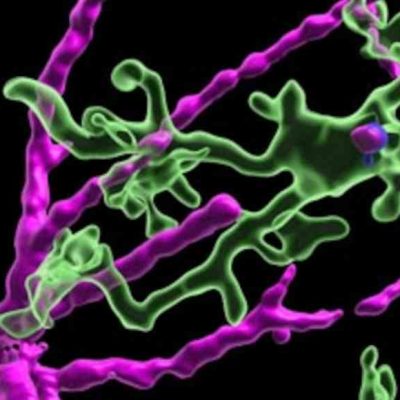
Ketamine treatment erases traumatic memories.
- By Geert Devenster
- . June 6, 2021
A new study conducted by scientists at the Institute of Science and Technology (IST) Austria has found that a combination of ketamine and 60-hertz light
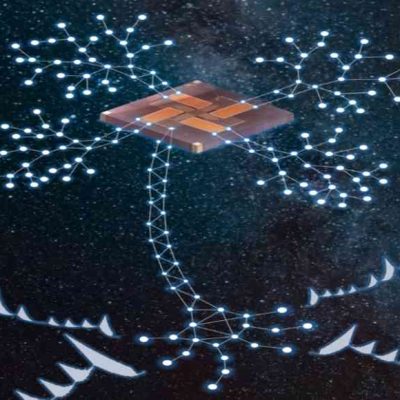
Organic Brain Inspires Nanoelectronics
- By Geert Devenster
- . November 8, 2020
The human brain is capable of impressive feats. It can react to spontaneous actions in seconds and trigger a corresponding impulse. Compared to computer technology,

Learn While You Sleep
- By Geert Devenster
- . September 3, 2019
Swiss researchers have discovered that it is possible to learn while sleeping, as long as the right sleep phase is targeted. In a groundbreaking study,
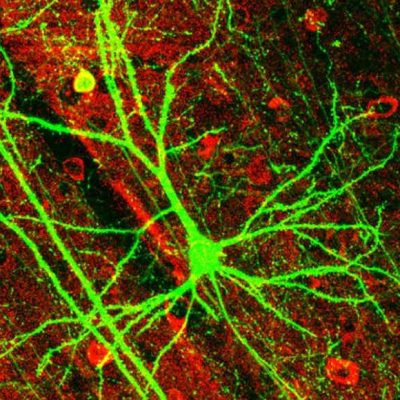
Brain Implant Boosts Performance
- By Geert Devenster
- . June 1, 2018
In a groundbreaking development, scientists have successfully implanted a device in the brains of epilepsy patients that significantly enhances memory and learning capabilities. Led by

Dogs Learn Words Differently
- By Rolf Lewis
- . November 26, 2012
British researchers have discovered that dogs learn the names of new objects differently than humans. While young children tend to remember the characteristic shape of









